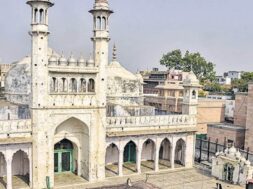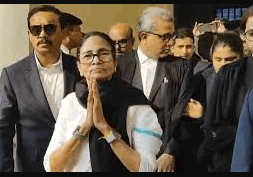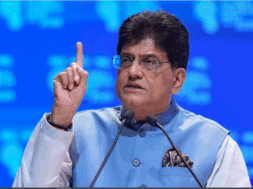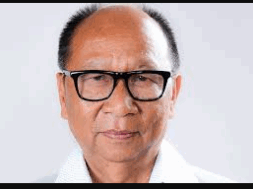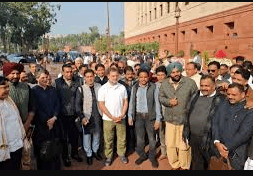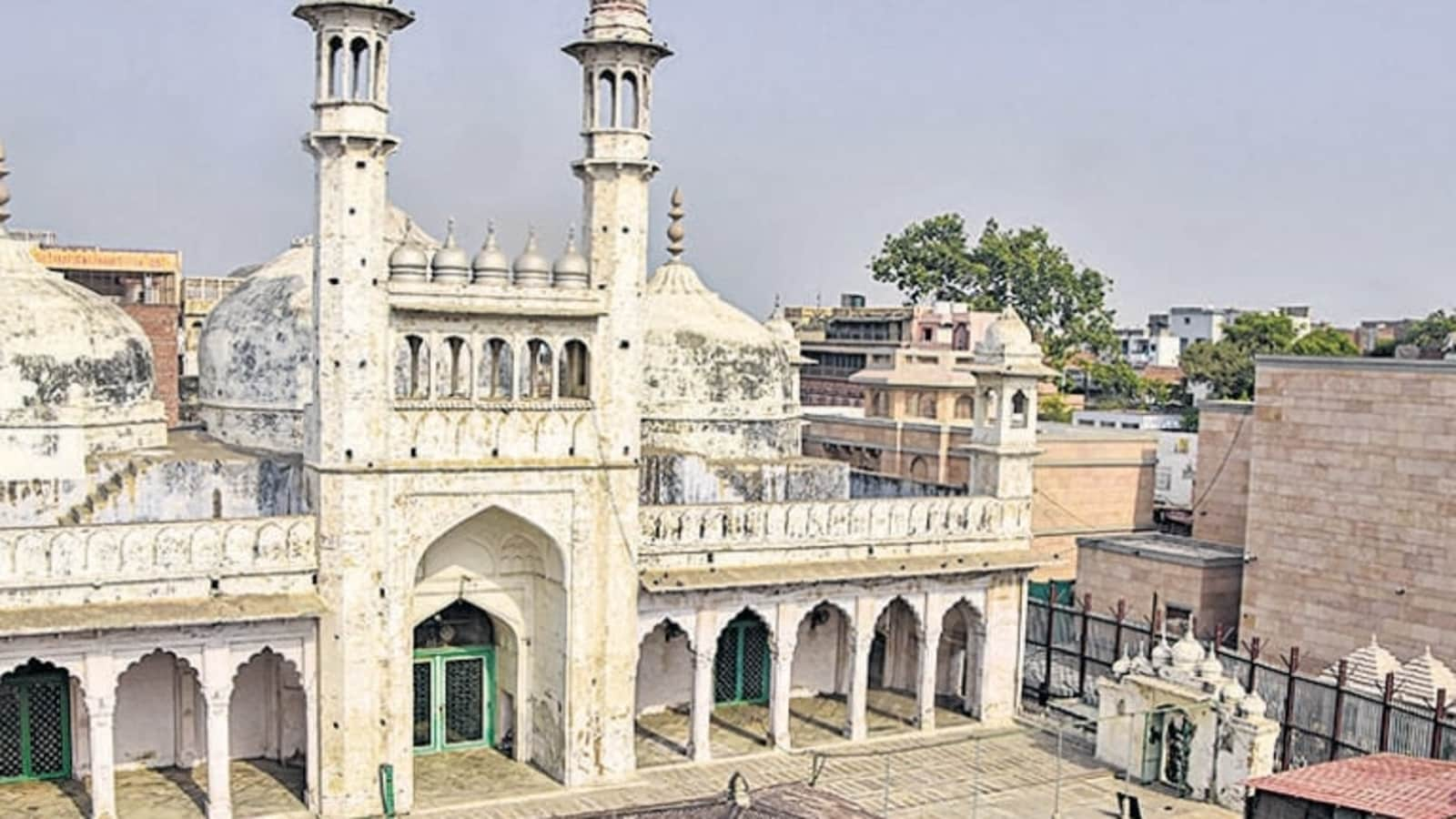
Manas Dasgupta
NEW DELHI, Sept 12: In a verdict that could reopen the Kashi and Mathura temple disputes, a district court in Varanasi on Monday held that the plea of five Hindu women seeking permission for daily worship of Hindu deities is maintainable and agreed to hear their side wanting to pray at a shrine inside the Gyanvapi mosque in Varanasi, next to the famous Kashi Vishwanath temple. The women’s petition will be heard on September 22.
It is a big step forward for the five women, who want permission for yearlong puja and rituals in a part of the mosque complex. They claim there are idols of Hindu gods and goddesses in the complex.
The Varanasi District Judge A.K. Vishvesh dismissed Order VII, Rule 11 of the Code of Civil Procedure (CPC) application filed by the Anjuman Intezamia Masjid Committee challenging the maintainability of the suit filed by the five Hindu women. It held that the suit is maintainable and worth being tried. The court, henceforth, will continue to hear the case filed by the Hindu women seeking the right to worship inside Gyanvapi mosque.
The dismissal by district judge Vishvesh means that the civil suits will be heard in detail and examination of evidence will follow. On May 20, the Supreme Court, underlining the “complexity of the issues involved in the civil suit”, transferred the Gyanvapi dispute that was pending before the Varanasi civil judge (senior division) to the district judge.
While the Hindu side said the mosque was built on the site of a temple, the Muslim side said the mosque was built on waqf premises and that the Places of Worship Act barred changing its character. Judge Vishvesh began hearing the pleas in June. The media was not allowed to witness the proceedings.
Muslim petitioners, mainly mosque administrators, wanted the petition thrown out and say they are ready to fight till the Supreme Court. The court said three laws cited by the Muslim petitioners are not really a legal barrier for the Hindu women to pray in the Gyanvapi complex. Earlier this year, a lower court ordered the filming of the centuries-old mosque based on the petition of the women.
The report of the filming was submitted to the Varanasi court in a sealed cover, but the Hindu petitioners controversially leaked details just hours later. The report claimed a “Shivling” or relic of Lord Shiva had been found in a pond within the mosque complex used for “Wazoo” or purification rituals before Muslim prayers. A court then sealed the pond and banned large namaz gatherings in the high-profile mosque. The gatherings should be limited to 20 people, said the court.
The filming inside the mosque was challenged in the Supreme Court by the Gyanvapi mosque committee, which said the move violates a 1991 law (Places of Worship Act) that freezes the religious status of places of worship as of 1947. The Muslim petitioners argued that “such petitions and sealing of mosques will lead to public mischief and communal disharmony, will affect mosques across the country.”
In July, the Supreme Court said before intervening in the matter, it would wait for the Varanasi district court’s decision on the mosque committee’s objections to the civil suits. A bench comprising Justices D Y Chandrachud, Surya Kant and P S Narasimha had then adjourned the matter to October 20. The bench had said all issues would have to be first argued before the district court. The mosque committee challenged the survey of the Gyanvapi complex, where a Shivling was said to have been found.
Even before the district court’s verdict, the Hindutva groups including a section of the BJP leadership had already indicated that the disputes over the Kashi Vishwanath and the Mathura temples could be taken to the court on the lines of the Ayodhya Ram Temple where the dispute was resolved in favour of the Hindus by the Supreme Court order.
When the Supreme Court had ruled in favour of the Ram temple in Ayodhya on November 9, 2019, Prime Minister Narendra Modi had called it a “day to forget any bitterness one may have”. The same day, responding to a question on whether the RSS would now take up the issue of the Gyanvapi mosque in Varanasi and the Shahi Idgah in Mathura, its chief Mohan Bhagwat had said: “Because of a historical backdrop, the Sangh got associated with this movement (Ayodhya) as an organisation. It is an exception. Now we will again be associated with human development and this movement will not remain of concern to us.” Both the BJP and the RSS leadership had also given strict directives to their units across the country to avoid any triumphalism over the verdict.
However, a section of the BJP leadership was no willing to stop at Ayodhya. Some senior BJP leaders had claimed that the “new developments” have triggered fresh debate within that could also include a relook at the “Places of Worship Act” of 1991 which freezes the status quo on places of worship as of August 15, 1947. The Supreme Court, in its Ayodhya verdict, linked it to “an essential feature of our secular values.”
Several leaders had disputed the post-Ayodhya understanding in the party, arguing that the VHP had negotiated an agreement with the BJP that “of the innumerable temples destroyed by the Mughals”, they would take up three: Kashi, Mathura and Ayodhya. “Later it was (L K) Advaniji who suggested that if the Muslim community agrees to give the birthplace of Lord Ram, the BJP could give up its campaign for the others,” some leaders said. However, since the Ayodhya disputed land was handed over to the Hindus “not by Muslims but by the Supreme Court order,” claims over the Kashi and Mathura remain unchanged.
“The context is changed and it becomes invalid,” a BJP leader had said. Claiming that “recent developments are in favour of Hindu consolidation”, he said: “It’s not the RSS or the BJP… The Hindus, in general, will get polarised after the finding of Shivling there.”
